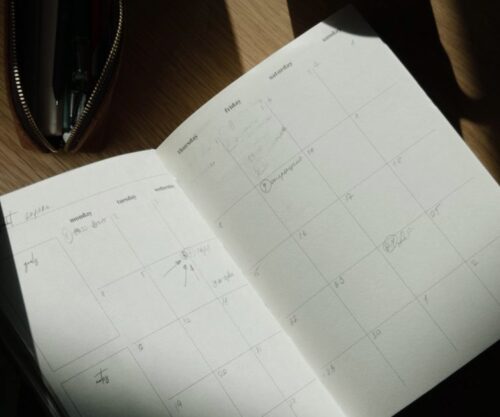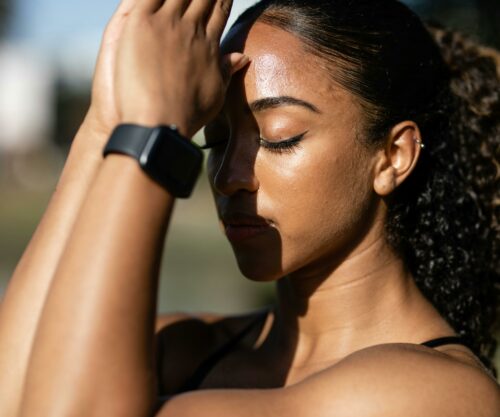
Do you spend hours on your computer or phone? It might be because your work requires you to. Nevertheless, you can be exposing yourself to blue-light eye damage.
According to UC Davis Health, blue light is part of the visible light spectrum, which the human eye can see. It vibrates between 380 and 500 nanometers and has the shortest wavelength and highest energy.
“Blue light accounts for approximately one-third of all visible light. Sunlight is the primary source of blue light. Blue light can be produced artificially by fluorescent lighting, LED televisions, computer monitors, cellphones, and tablet screens,” reported Davis Health.
In a report by Optometrists Network, periods of staring at a computer screen may hurt your eyes due to the blue light it emits. Research has proven that prolonged exposure to blue light might cause eye strain and altered sleep habits.
The Network suggests that the first and most important way of protecting your eyes is to wear blue-light-blocking lenses. These lenses are specifically designed to filter out or eliminate the blue light emitted by digital screens. The lenses claim to minimise retinal damage and protect your eyes from strain caused by prolonged blue light exposure.
The American Academy of Ophthalmology recommends a few steps to protect and treat your eyes from the blue light effect.
Distance your eyes from the screen. Seeing up close requires more effort than seeing far away. Try to keep the monitor or screen at arm’s length, around 25 inches away. Position the screen so that your attention is slightly downward.
Reduce glare: Glass screens can cause glare, which can irritate the eyes. Consider using a matte-screen filter.
Give your eyes a break. Remember to blink and adhere to the 20-20-20 rule. Every 20 minutes, take a 20-second break and look at anything 20 feet away. Looking into the distance helps your eyes rest.
Keep your eyes moist: Keep artificial tears on hand to assist in lubricating your eyes when they become dry. Consider using a desk humidifier. Office buildings have humidity-controlled conditions that remove moisture from the air.
No screen before bed: Blue light has been shown to alter the body’s circadian rhythm, which governs our normal wake and sleep cycles. During the day, blue light awakens and stimulates us. So, too much blue light exposure late at night from your phone or other devices may make it difficult to fall asleep. Limit your screen time to one to two hours before bedtime. Use evening settings on your gadgets and laptops to reduce blue light exposure.
Also see: Here’s what you need to know about empathy disorder




